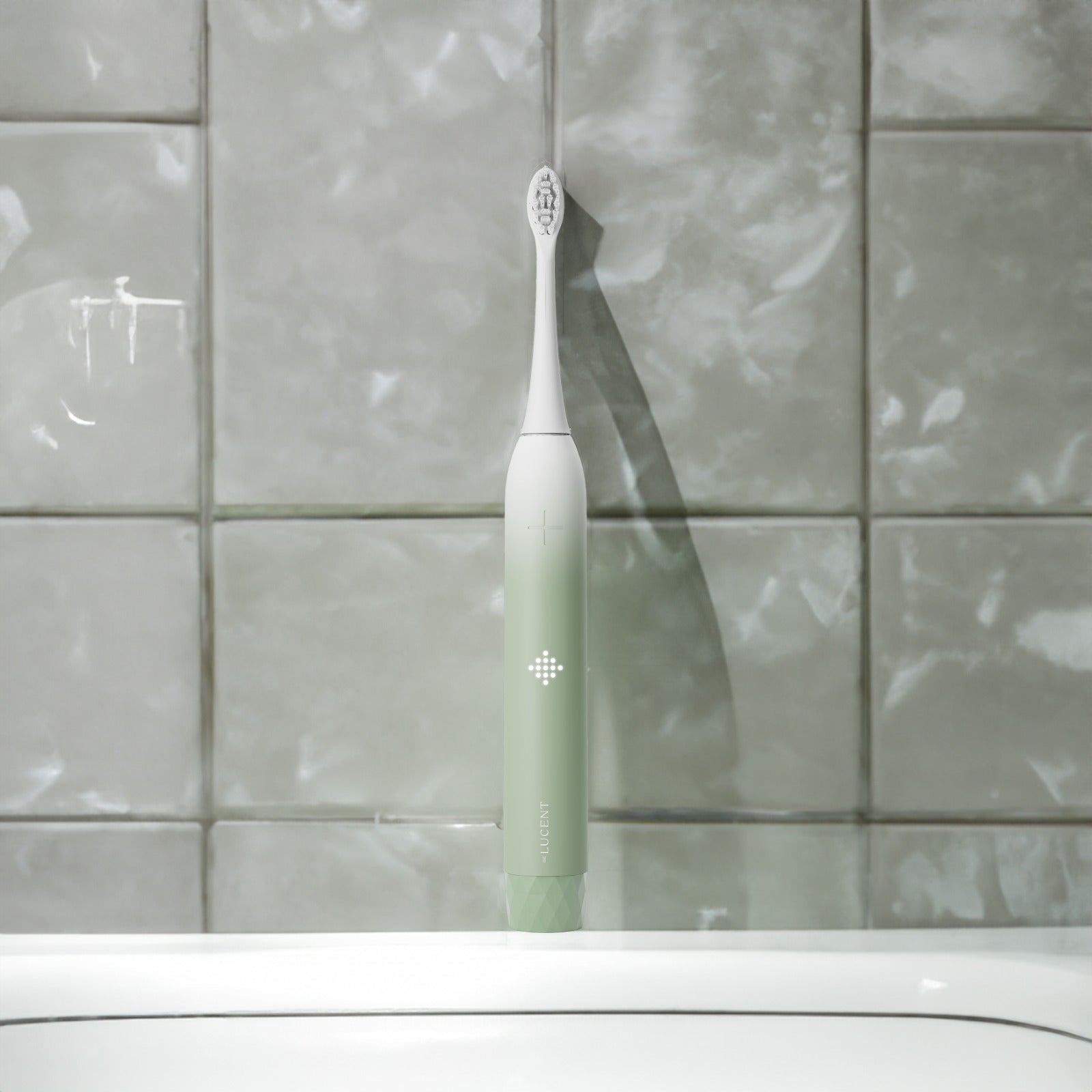Electric vs. Manual: The Toothbrush Showdown!

Introduction
The battle between electric and manual toothbrushes has been ongoing for decades, with dental professionals and patients alike debating which is the superior tool for maintaining oral health. In this article, we will dive deep into the toothbrush showdown, comparing the benefits of electric and manual toothbrushes and exploring the science behind their effectiveness.
Round 1: Cleaning Efficacy
The primary goal of any toothbrush is to remove plaque and food particles from the teeth and gums. In this regard, electric toothbrushes have a clear advantage. Studies have consistently shown that electric toothbrushes are more effective at plaque removal than their manual counterparts. The reason behind this lies in their powered bristle movements. Electric toothbrushes can produce thousands of brush strokes per minute, creating a superior cleaning action that's challenging to replicate with a manual toothbrush.
Electric Toothbrush: 1, Manual Toothbrush: 0
Round 2: Brushing Technique
Brushing technique plays a significant role in maintaining oral health. Many individuals tend to use excessive force while brushing, which can damage tooth enamel and harm gums. Electric toothbrushes often come with built-in pressure sensors that alert users when they're applying too much pressure. This feature encourages a gentler brushing technique, reducing the risk of damage.
Moreover, electric toothbrushes typically feature timers that ensure users brush for a full two minutes, the recommended time by dental professionals. This consistency helps ensure that all areas of the mouth receive equal attention.
Electric Toothbrush: 2, Manual Toothbrush: 0
Round 3: Convenience
Manual toothbrushes are straightforward and don't require any special maintenance or charging. You pick up the brush, apply toothpaste, and brush away. Electric toothbrushes, on the other hand, need recharging and the occasional replacement of brush heads.
However, the convenience factor leans toward electric toothbrushes in the long run. They come with features like multiple brushing modes, timers, and sometimes even Bluetooth connectivity to track your brushing habits. These advanced features can make oral care more engaging and effective, encouraging users to brush for longer and with better technique.
Electric Toothbrush: 3, Manual Toothbrush: 0
Round 4: Cost
Manual toothbrushes are budget-friendly and readily available at any store. Electric toothbrushes, especially high-end models, can be a more significant investment. However, it's essential to consider the long-term benefits. Electric toothbrushes may cost more initially, but they can save you money on dental bills in the future by preventing cavities, gum disease, and costly dental procedures.
Electric Toothbrush: 4, Manual Toothbrush: 0
Conclusion
The battle between electric and manual toothbrushes is not really a battle at all; it's more of a one-sided contest. Electric toothbrushes have emerged as the clear winner in terms of cleaning efficacy, brushing technique, convenience, and long-term cost-effectiveness. While manual toothbrushes have their merits, they simply can't compete with the advanced technology and features of electric toothbrushes.
If you're still using a manual toothbrush, it might be time to make the switch. Your teeth and gums will thank you for it, and your dentist will too! Electric toothbrushes are not just a convenient tool; they are a smarter, more effective choice for maintaining a healthy and bright smile.
- Tags: Prism



